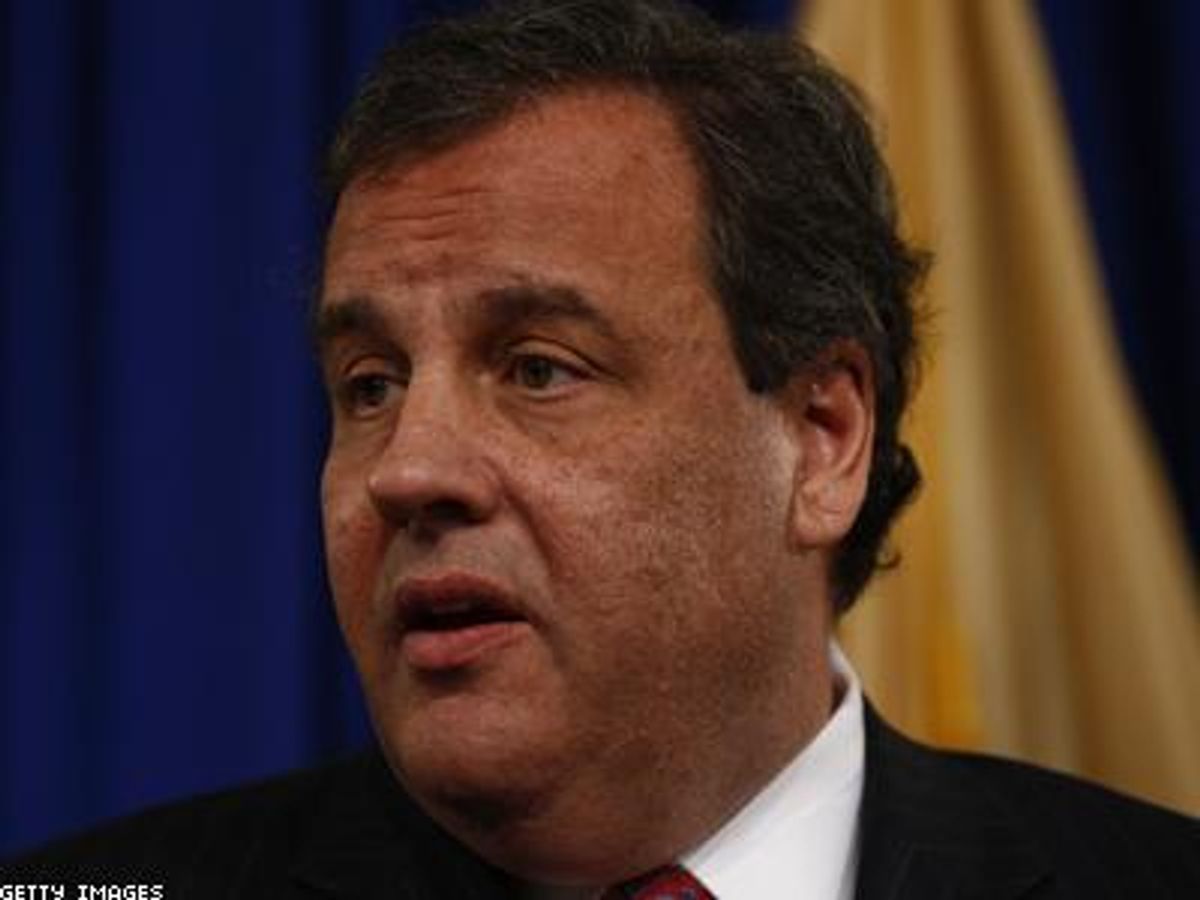New Jersey governor Chris Christie vetoed a bill that would simplify the process of obtaining an amended birth certificate for transgender residents, citing a lack of safeguards against fraud and highlighting the importance of a birth certificate as a legal document.
The bill would have allowed New Jersey residents to change the gender marker on their birth certificates without proof of surgery. Instead they would have been simply asked to provide a doctor's affidavit certifying that they had obtained medically appropriate treatment, which could include hormone therapy or other nonsurgical interventions. Many transgender people cannot afford gender-confirmation surgery or choose not to pursue it.
"In many instances, the production of a birth certificate is a prerequisite to obtaining other critical identification documents that factor into decisions concerning employment, financial services, education, and travel," Christie's
written decision stated. "Birth certificates are often required to complete myriad security-related tasks. Accordingly, proposed measures that revise the standards for issuance of amended birth certificates may result in significant legal uncertainties and create opportunities for fraud, deception, and abuse."
When the bill passed the state Senate late last year, little was known about New Jersey Gov. Chris Christie's stance on the legislation. At the time, Gov. Christie's press secretary Michael Drewniak told The Advocate, "We don't typically comment on pending legislation until and unless it is passed by both houses of the legislature and goes through its normal review process in the Governor's office."
Christie's veto can be overridden by a two-thirds affirmative vote the full legislature, but this looks unlikely, as an override would take six more yes votes in the Senate and nine more in the Assembly than the bill received initially.
Troy Stevenson of Garden State Equality called the decision a "vindictive move to punish the LGBT community," ThinkProgress reports, and Stevenson added that the bill would "have zero effect on anyone else."

















































































Viral post saying Republicans 'have two daddies now' has MAGA hot and bothered